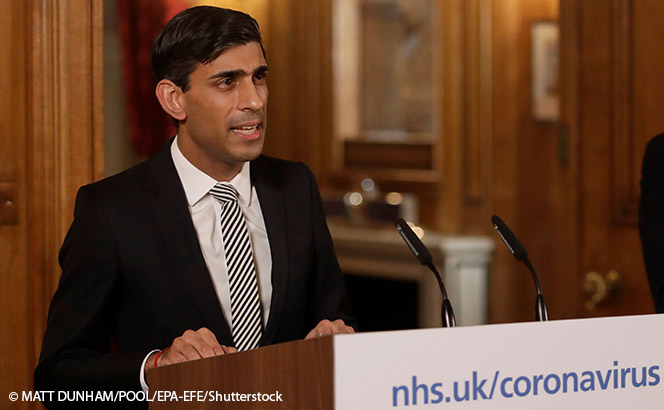
The domino effect – restructuring counsel brace for deluge as Covid-19 means no more business as usual
‘Even two weeks ago no-one predicted such a catastrophic impact from the coronavirus. Things have turned very quickly.’ This City…

‘Even two weeks ago no-one predicted such a catastrophic impact from the coronavirus. Things have turned very quickly.’ This City…

The Legal 500 is pushing back its research schedule in response to the coronavirus pandemic, suspending all client contact for the…

The UK Treasury and Bank of England (BoE) have called in their go-to counsel Slaughter and May and Freshfields Bruckhaus…

In light of the human impact of Covid-19, the immediate concern for businesses is the health and safety of their…

Knights board members and staff earning more than £30,000 face pay cuts of at least 10% and some staff will…

The Commercial Court is going fully virtual on a case worth over $500m this week, with Linklaters and King & Spalding among…

COVID-19 continues to wreak havoc with the global economy, disrupting all manner of business throughout the world. Stock markets have…

For the first time in its history, the Supreme Court conducted a case entirely through video conferencing this morning (24 March),…

Listed law firm Gateley has withheld more than £3m in shareholder payouts to keep hold of cash with activity dented…

Nathalie Tidman and Thomas Alan assess the impact of the pandemic on the profession as the world battens down for…

Law firm leaders have responded positively to the UK chancellor of the exchequer Rishi Sunak’s ‘unprecedented’ level of state protection in…

The longer you do this job, the more your mind wanders to the big moments – recessions, terrorist attacks, political…

Courts in England and Wales have made changes to their practices as the Lord Chief Justice joins those dismissing claims…

Latham & Watkins and Hogan Lovells have become the latest law firms to ramp up their response to the increasingly global spread of COVID-19 by sending all…

Greenberg Traurig has continued its London recruitment push, this time hiring from Baker McKenzie to strengthen its City restructuring practice as…

Linklaters has followed its City rivals in asking staff to work from home due to the quickening spread of COVID-19. The firm today (17 March) moved to a…

Allen & Overy (A&O), Slaughter and May and Clifford Chance have asked City staff to work from home in a bid to mitigate…

Law firms around the world have been forced to take ever more radical measures in an attempt to contain the…

Amid growing economic uncertainty, Treasury today (11 March) announced a budget looking to reassure businesses as coronavirus fears continue to…

Quinn Emanuel Urquhart & Sullivan has temporarily closed its New York office after a partner tested positive for COVID-19, the…